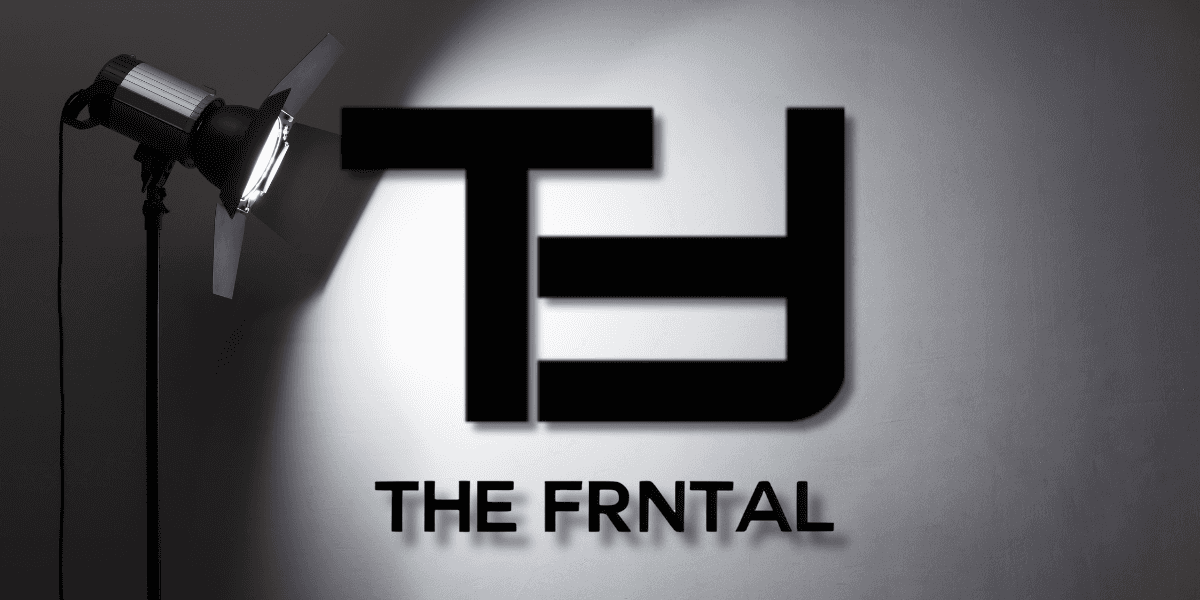Biden Administration Unveils New Tax Incentives to Accelerate Clean Energy Investment
In a significant move toward addressing climate change and fostering green energy innovation, the Biden administration has announced a new series of tax incentives aimed at spurring investments in renewable energy technologies such as solar, wind, and battery storage. This initiative, part of the broader climate agenda, seeks to accelerate the transition to a low-carbon economy, enhance U.S. energy security, and generate significant economic growth through job creation in the clean energy sector.
By
Feb 20, 2025
The tax breaks, which are slated to go into effect immediately, will offer substantial deductions for businesses and individuals investing in clean energy infrastructure. Solar developers, wind farm operators, and battery storage companies stand to benefit from enhanced credits for both new and existing projects, with incentives designed to make green energy technologies more financially viable.
Tax Breaks to Encourage Long-Term Investment
The new incentives are part of a comprehensive effort to meet the ambitious climate targets set by the Biden administration, which aims for a 50% reduction in U.S. greenhouse gas emissions by 2030. By offering favorable tax treatment for clean energy projects, the government hopes to spur private sector investment, unlock innovation in renewable technologies, and facilitate the widespread adoption of sustainable energy sources across the country.
Under the new tax package, developers of solar and wind projects can qualify for expanded tax credits, including the Investment Tax Credit (ITC) and the Production Tax Credit (PTC), which have been extended through 2030. These credits, which allow companies to deduct a percentage of the cost of installing renewable energy systems, are expected to significantly reduce the upfront costs of clean energy installations, making them more attractive to businesses and consumers.
In addition to renewable energy generation, the incentives will also target energy storage technologies, a critical component of managing intermittent renewable energy sources like wind and solar. The tax credits will help to make large-scale battery storage projects more affordable, allowing for better integration of renewable power into the national grid and ensuring a more stable energy supply.
Economic Impact: Job Creation and Green Growth
One of the most significant aspects of the new tax breaks is the potential for job creation in the green energy sector. Industry experts predict that the expansion of clean energy investments will lead to the creation of hundreds of thousands of new jobs in manufacturing, construction, and research and development. For example, increased demand for solar panels and wind turbines is expected to drive growth in domestic manufacturing, reducing reliance on foreign production and creating high-quality jobs in the process.
The administration has also emphasized that these investments will foster economic growth in regions that have traditionally relied on fossil fuel industries, providing new opportunities for workers in these areas to transition to green energy careers. The new incentives aim to support the creation of workforce training programs that will help displaced workers build the skills necessary for the clean energy economy.
Long-Term Benefits for U.S. Energy Security and Climate Goals
Beyond job creation, the Biden administration sees these tax incentives as a crucial step in enhancing U.S. energy security and reducing the nation’s carbon footprint. By accelerating the adoption of renewable energy, the U.S. can reduce its dependence on imported fossil fuels and minimize the economic vulnerabilities that come with volatile global energy prices.
The initiative is also aligned with the country’s broader climate goals, including achieving net-zero emissions by 2050. According to climate experts, the new tax incentives will play a critical role in helping the U.S. meet its climate commitments under the Paris Agreement and beyond. By promoting clean energy technologies at scale, the administration hopes to shift the U.S. economy away from fossil fuel dependence and toward a future powered by sustainable energy.
Critics Raise Concerns Over Implementation and Costs
While the move has been largely welcomed by environmental groups and the renewable energy industry, some critics argue that the new tax breaks may face challenges in implementation. Concerns have been raised over the potential for bureaucratic delays in the distribution of tax credits and whether the incentives will be sufficient to meet the ambitious goals set by the administration.
Some economists have also questioned the long-term fiscal impact of the incentives, pointing out that the U.S. government will need to carefully balance clean energy investments with the need to control federal spending. However, supporters argue that the economic and environmental benefits will far outweigh the initial costs.
Conclusion: A Bold Step Toward a Sustainable Future
The Biden administration’s new tax incentives for clean energy investment mark a bold step forward in the nation’s efforts to combat climate change, enhance energy security, and create a sustainable economy. By making renewable energy technologies more financially accessible and attractive to investors, the tax breaks are expected to accelerate the adoption of clean energy solutions, generate significant job growth, and contribute to the U.S.'s long-term climate goals.














